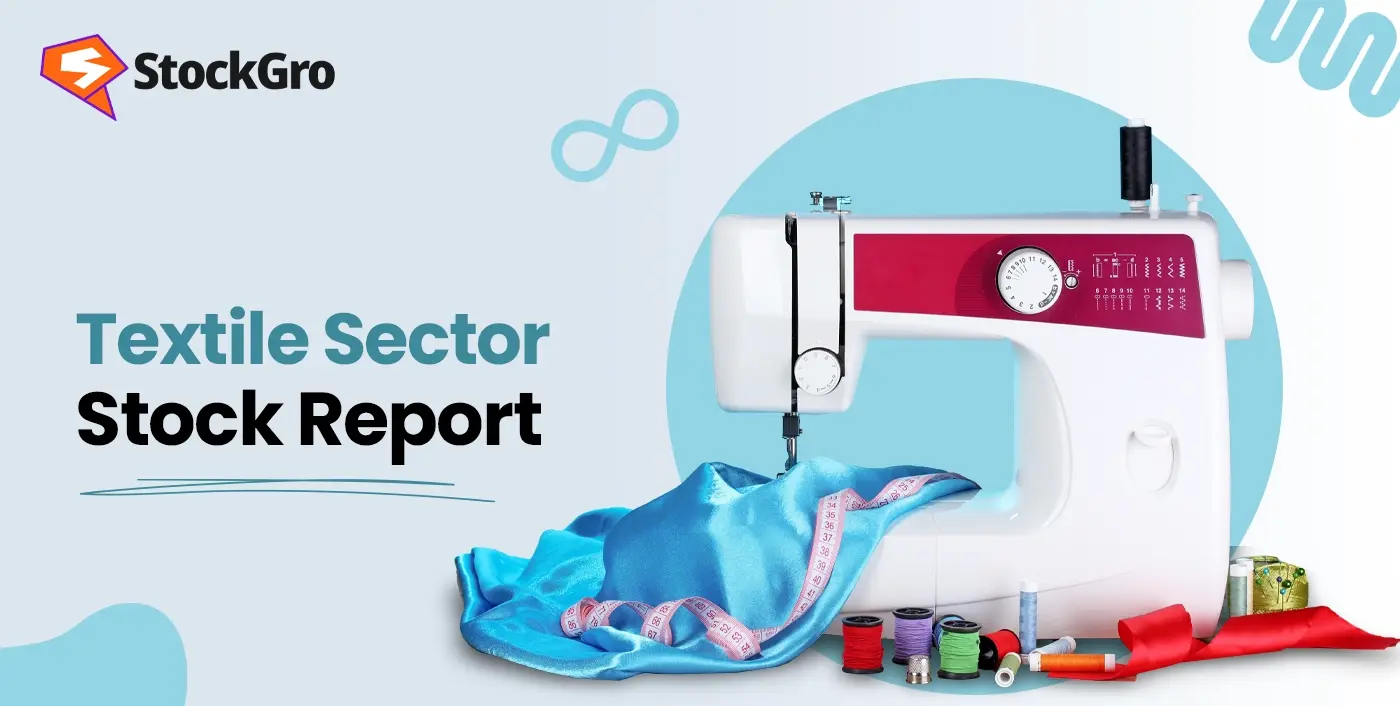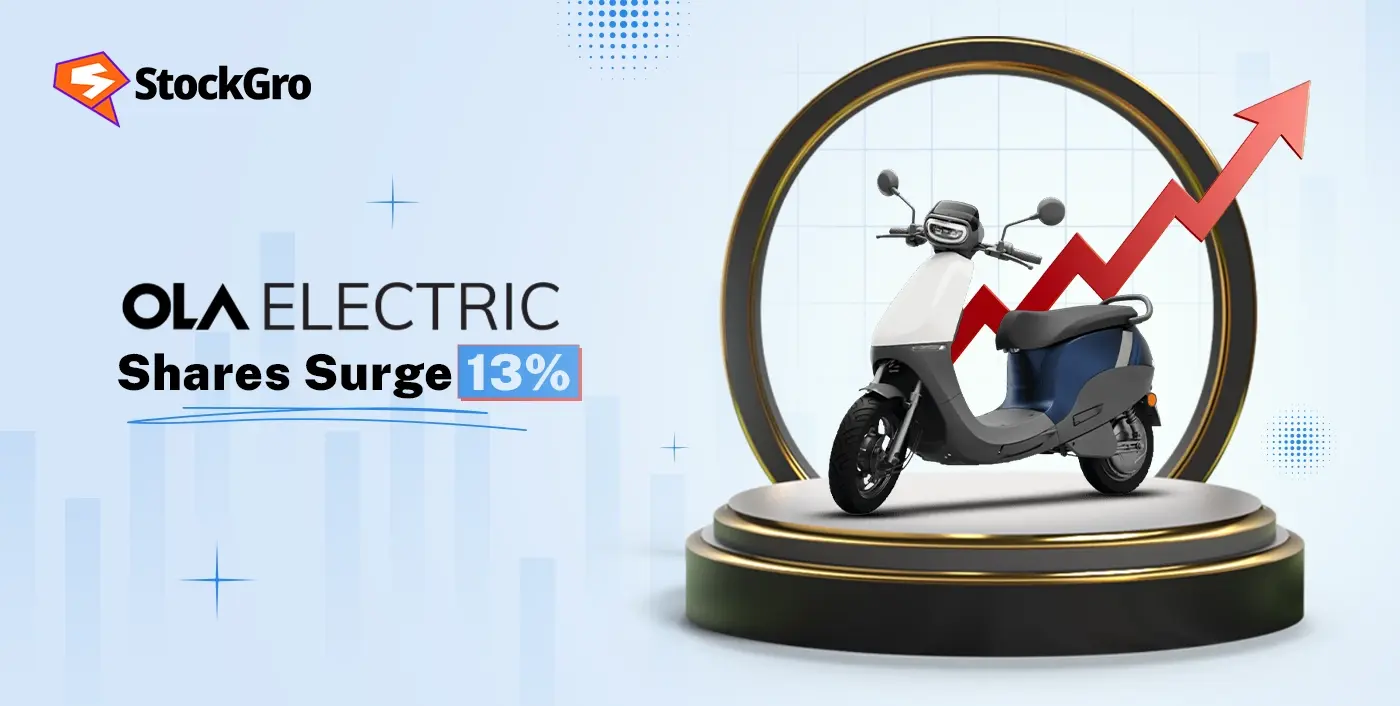
Small and Medium-Sized enterprises (SME) IPOs have become increasingly popular over recent years as investors seek alternative opportunities beyond those offered by mainboard listings. These IPOs enable expanding firms to raise capital and provide investors with an opportunity to participate in their initial growth narratives. Although applying for an SME IPO is a relatively straightforward process, most first-time investors often tend to be confused about what happens after allotment, particularly when selling SME IPO shares.
SME IPO shares are listed on specialised SME exchanges, unlike mainboard IPO shares, and have additional rules and procedures. When you are allotted shares in an SME IPO and intend to sell them, it is essential to understand the trading mechanism, lot size regulations, pre-open conferences, and some practical considerations.
This guide will take you through a step-by-step procedure on how to sell SME ipo, the key rules and most common pitfalls as well as some clever tips on maximising your returns.
SME IPO Listing Platforms
SME IPO shares do not market on the mainboard of NSE or BSE directly. Rather, they are exchanged on SME-dedicated platforms including:
- NSE Emerge (by National Stock Exchange)
- BSE SME Platform (by Bombay Stock Exchange)
These platforms are intended to help smaller companies, which satisfy certain requirements on fund-raising. The concept is to make SMEs have an easier entry into the capital markets, and allow investors a controlled trading environment.
Given below is a summary of the requirements for some fund-raising:
| Requirement | Purpose |
| Designed for SMEs | Helps smaller companies access capital markets |
| Fund-raising criteria | Only companies meeting specified fundraising requirements can list |
| Easier market entry | Provides SMEs with a simplified route to raise funds |
| Controlled trading environment | Ensures investor protection and regulated participation |
After listing, SME shares can be traded just like mainboard shares. However, they come with special regulations. For example, they must be traded in lots instead of individual shares, and market makers are required to ensure liquidity. It is essential to understand these differences before planning to sell your SME IPO shares, as the selling process may vary for retail investors compared to institutional or HNI investors. Retail investors can sell SME IPO shares on listing day, while HNI and institutional investors may face lock-in restrictions.
How to Sell SME IPO Shares (Step-by-Step)
Follow the steps below to learn how to sell SME ipo:
Step 1: Shares in Demat Account
Once the shares are allocated later after the IPO process, they are deposited in a demat account. This is your initial confirmation that you are qualified to trade them. It is impossible to apply for or sell an SME IPO without a demat account. Ensure that you verify your demat on the listing day to ensure that the shares allotted have been credited successfully.
Step 2: Check Trading Platform (SME Exchange)
The shares are listed on NSE Emerge only or BSE SME only, depending on the application company. You must find the stock symbol on the SME (not regular) exchange when logging into your trading account. Other brokers have a different section of SME stocks, and thus it is important to select the appropriate platform before submitting an order.
Step 3: Sell in Lots Only (Not Single Shares)
This is among the greatest disparities between SME IPOs and mainboard IPOs. Shares can only be purchased and sold in fixed lots on SME websites – e.g. 1 lot = 1600 shares or 1 lot = 1200 shares based on company. You may not sell a single share, or a smaller quantity than a lot. This will keep liquidity, but you will be spending more money on the investment than you would on mainboard IPOs.
Step 4: Use Pre-Open Market (9:00–9:45 AM)
On listing day, shares of the SME IPO open during the pre-open session from 9:00 AM to 9:45 AM. This is where investors will put buy and sell orders, and the final listing price will be discovered. If you intend to book listing gains immediately, this is the best time to place your limit order. The system aligns buy and sell demand in order to reach the opening price.
Step 5: Wait Until Regular Trading (Post 10 AM)
After the pre-open session ends, regular trading begins at 10:00 AM. In case your order was not executed during the pre-open session, you will have a chance to sell during the normal working of the markets. But remember that after opening, the prices can vary greatly, so it is better to track the live demand and liquidity.
Important Rules to Remember
No Lock-in for Retail Investors
The retail investors with the SME IPOs shares do not have a lock-in period. This implies that you will be allowed to sell your stock on the very first listing date in case you want to make some listing profits. Promoters, anchor investors and some types of shareholders can however be subject to lock-in limitations.
Mandatory Market Maker Support
Each SME IPO must have a market maker, who provides continuous buy and sell quotes for a fixed number of lots. This will guarantee that there will be a degree of liquidity in the stock at all times and will eliminate extreme price volatility. This system is advantageous to retail investors because it ensures that there is at least some counterparty to sell or to buy shares.
Common Challenges & How to Navigate
Low Liquidity & Oversubscription
SME IPOs tend to be oversubscribed and typically, many investors get only 1 lot. The listing of these shares may result in a lack of buyers relative to sellers hence, resulting in low liquidity. This complicates the sale of shares immediately at the price you want. The answer is to watch the market depth and submit intelligent limit orders instead of scramble market orders.
Large Lot Value Requirement
The amount of investment is usually high since trading only occurs a lot. E.g. When the lot size is 1600 shares and the listing price is ₹60, you will require a capital exposure of almost ₹1 lakh to have a single lot. This poses a problem to small investors desiring to be flexible in selling. Before an SME IPO is applied for, proper capital planning is needed.
Limited Broker Support in Pre-Open Session
Not every broker will offer the SME exchanges without a hiccup during pre-open sessions. In other cases, the retail investor experiences technical glitches or slower placements of orders. To prevent this, ask your broker in advance whether he or she trades in SME IPOs and whether she or he can take part in the pre-open discovery process.
Factors to Consider While Selling SME Shares
- Listing Price vs. Allotment Price – If the listing price is significantly higher, you may want to sell on the first day to lock in profits. This way, you secure immediate gains and avoid the risk of price corrections later.
- Company Fundamentals – If you believe in the long-term potential of the SME, you may prefer holding rather than selling quickly.
- Lot Size Commitment – Since you can only sell in complete lots, think about whether you can afford to hold the entire block if liquidity is low.
- Market Sentiment – Broader market trends and sector performance can impact SME share prices significantly.
- Brokerage & Transaction Charges – Ensure you check your broker’s fees for trading on SME exchanges, as they might differ from mainboard charges.
Pro Tips & Strategies for Selling SME IPOs
Place Smart Limit Orders in Pre-Open
Rather than selling at the market price blindly, limit order during pre-open sessions. This will assist you to avoid such scenarios when you find your shares being sold at a far cheaper price period as a result of high volatility. You can have a better control of the outcome by determining what you expect to price.
Monitor Market Maker Quotes & Liquidity
Monitor market maker action at all times. You can measure liquidity by examining the buy and sell orders of market makers, as they are required to provide quotes. This will also help you decide whether to sell it immediately or wait for a better price.
Plan Based on Lot Size & Investment Goals
The lot sizes make SME IPO investing capital-intensive. Consider your investment objectives before selling. When you want short-term gains as a result of listing, it is logical to sell on the first day. But when your interest is to create long-term value, staying may give more returns in case the company develops gradually.
Conclusion
Learning how to sell SME ipo can be an awkward process at first glance, yet after familiarising yourself with the SME platform rules, it is easy. The most important distinctions include only buying and selling in lots, the presence of the market maker and being part of the pre-open session. By following a step-by-step approach, checking your demat holdings, selecting the correct SME platform, placing limit orders, and tracking liquidity, you can manage your SME IPO investments with confidence.
Additionally, beware of factors such as low liquidity, high capital requirements, and limited access to brokers. Given the right time scheduling, patience, and clever strategy of execution, you can maximise the benefits of your SME IPO allotments, whether it’s swift listing value or long-term investment value.
FAQs
Yes, SME IPO shares are usually sellable on the listing day but this depends on whether they are credited into your Demat account and whether your broker permits trading on SME exchanges. Unlike mainboard IPOs, SME IPOs list on platforms like NSE Emerge or BSE SME. After the shares have been put on trade, it is possible to sell them in the pre- open session or during the usual trading period. But bear in mind that trades are to be in lot sizes, not single shares.
In SME IPOs, shares can only be sold in fixed lot sizes. The minimum quantity is defined in the IPO prospectus and varies depending on the company’s issue structure. For example, if the lot size is 1,600 shares, you can sell only in multiples of 1,600. Unlike mainboard stocks where you can sell even one share, SME exchanges have a stricter structure, making lot-based selling mandatory. This helps maintain stability and adequate liquidity in the SME segment.
You may indeed sell SME IPO shares in the pre-open market session that operates between 9.00 AM and 9.45 AM. The session is vital in that it assists in finding out the opening price based on buy and sell orders. Whenever your sell order is matched in this period, it will trade when the market opens at 10:00 AM. Note though, that not all brokers offer pre-open sessions on SME IPOs, and should therefore check with your broker beforehand.
SME IPO shares have no lock-in period for retail investors. You may sell your allotted shares when they are listed on the market. Nevertheless, lock-in conditions may be applied to promoters, anchor investors and institutional investors according to SEBI recommendations. This flexibility gives the retail players an opportunity to book profits once they have listed or long-term shareholding.
One of the largest challenges of SME IPO shares is that their liquidity is lower, as the trading volumes tend to be lower than the mainboard shares. In order to counteract this, avoid putting market orders and instead use limit orders to avert unfavourable prices. Follow the buy-sell quotation of the market makers, since they are required to offer support in SME IPOs. When liquidity is excessively thin, you should wait with your shares until volumes increase. Taking your exit over a series of sessions also works well in getting better prices.
Yes, you may adjust or cancel your sell orders during the pre-open session of SME IPOs, but only if your broker’s site allows it. The pre-open market is between 9:00 AM and 9:45 AM, when you can change the order quantity, price or cancel it in bulk. No change is permitted after 9:45 AM and orders are lined up to be executed at 10:00 AM when the market opens.
Not every broker has straightforward access to an SME IPO platform, such as NSE Emerge or BSE SME. Although SME IPO trading is available with large, full-service brokers and some discount brokers, not all may accommodate such trading. Access to pre-open sessions may be restricted even among brokers. Thus, when applying to an SME IPO, make sure that you have a broker attached to your Demat and trading account that allows you to buy and sell in SME exchanges without any limitations.

